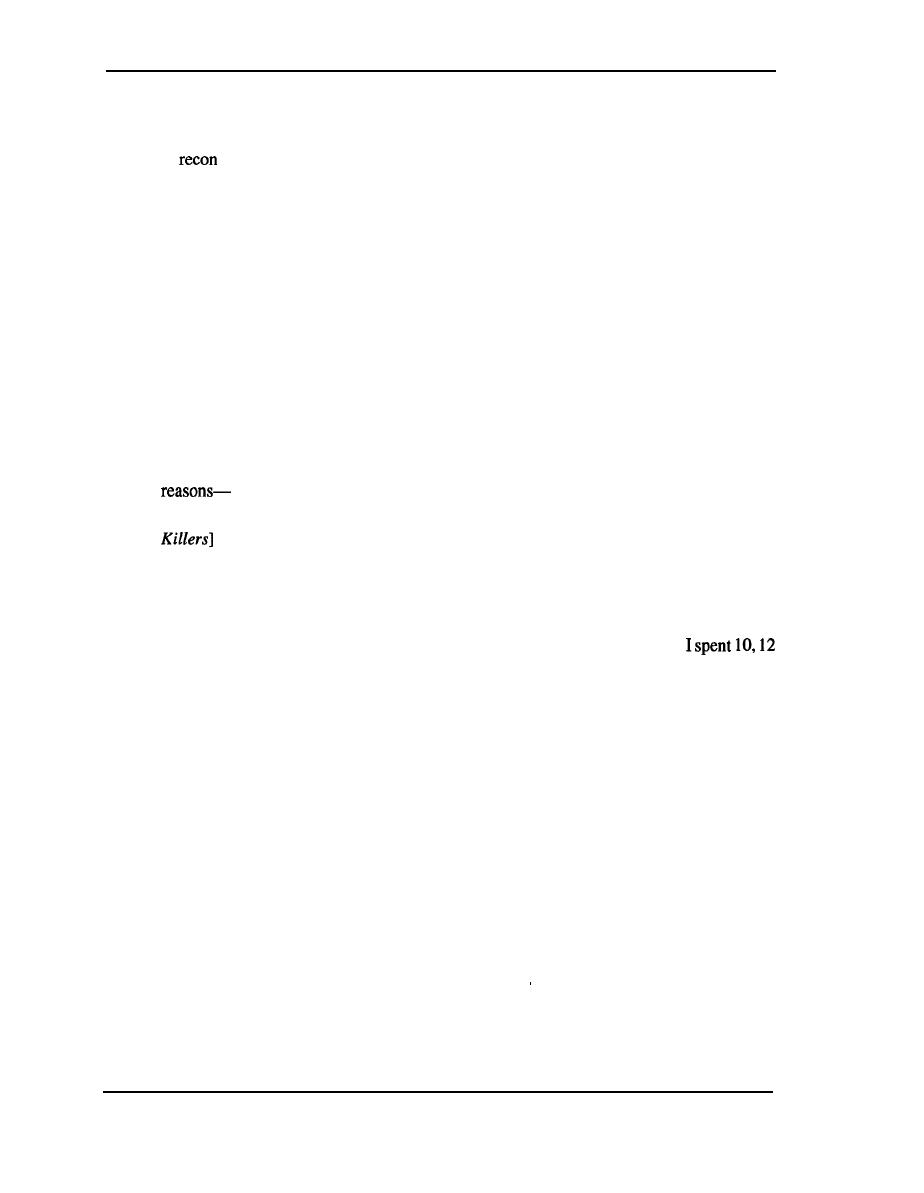
John W. Morris
environmentally sensitive projects simultaneously in the public arena. One was the Alaska
Pipeline and the other was the Cross-Florida Barge Canal. General Clarke had positioned the
Corps very well to do the Alaska Pipeline project. In fact, he and I flew up there in early 1973
to
the route of the pipeline with the understanding that the Corps was going to oversee
the construction.
At that time, Dr. Pecora of the Department of the Interior felt the Corps should do it. He died,
and President Nixon replaced him with a Mr. Whittaker of the White House. Two things
happened rather quickly after that. The president stopped the Cross-Florida Barge Canal, and
Alyeska, a nongovernment agency, was organized to oversee the construction of the Alaska
Pipeline. I don't know whether the Cross-Florida Barge Canal was sacrificed so that the
Alaska Pipeline could proceed or what, but at any rate that's what happened.
Along the way of stopping the Cross-Florida Barge Canal, the president did something which
led to an important Supreme Court decision. The Congress had authorized this project and
appropriated money for the Executive Branch to build it. The president had unilaterally
decided not to build it and impounded the money. In the final analysis, the court ruled that the
president of the United States does not have the authority to impound the money without first
notifying the Congress, thus making the money available for use elsewhere. In other words,
as executive, he couldn't turn his back on the instructions of the legislature. That was an
important decision. Even so, the Cross-Florida Barge Canal was dropped for the wrong
I believe. The publicity said it would ruin the fresh water aquifer. It would not.
Emotion in Florida was high. Martin Heuvelmans from Florida wrote a book [The River
about the Corps of Engineers. He said that the Corps of Engineers had ruined Florida,
that we drained all the rivers, and we had controlled the flows in such a way that the wildlife
was perishing and the land was going to pot, so to speak. Heuvelmans was brought to New
York to appear on the Today Show about his book. He gave the Corps a bad time.
I was asked to come the next day and give the Corps' side of the story. I did that. My first
appearance on national television, and I would just as soon it had been the last.
minutes live on the Today Show, countering Mr. Heuvelmans' comments in this book. I was
interviewed by Frank McGee, who happened to be from Oklahoma, and he was very
gentlemanly.
Heuvelmans had some points, however, that could not be ignored, particularly in the
Kissimmee area-since we're now putting it back more or less like it was originally. As I
recall, the root cause of it was a state program which the Corps inherited and finished. Even
so, it doesn't mean two wrongs make a right.
The Cross-Florida Barge Canal, in my judgment, should have been built. Hopefully someday
it will be. The environmental issues are delicate, but they are manageable, and the
transportation aspects would be very valuable. The old saw about the only reason we were
going to build it was to avoid submarines during World War II is not the basic point, it's just
a matter of good transportation.
The whole scenario, though, of Lock and Dam 26, the Ohio River, and the Cross-Florida
Barge Canal, et cetera did raise a question in my mind as to what was the proper water
transportation system for our country. So we undertook, with congressional approval , a study
to answer the question, "What would a national water transportation system look like?" I
envisioned a map similar to the national interstate highway system to identify each
element--extensions, deletions, and the description of the normal size and shape of waterway
channels, locks, et cetera.
105



 Previous Page
Previous Page
